 By Bob Currie, Vessel Examiner
By Bob Currie, Vessel Examiner
United States Coast Guard Auxiliary Flotilla 081-06-08
Our purpose in providing free Vessel Safety Check (VSC) inspections is to enhance safe boating practices by letting the boat operator know if they fail to meet any regulatory requirements an to offer recommendations from the Coast Guard on how they can make their boating experience even safer. The Auxiliary is not an enforcement arm of the Coast Guard- we just notify the boat operator so they can correct any deficiencies.
Once they have corrected the deficiencies we can then offer the Vessel Safety Check decal to be displayed on the port side of their boat. 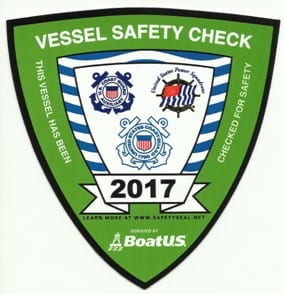 Often this can be done on the same day by a quick purchase of a fire extinguisher or a whistle to use as a sound producing device. This column will go over some deficiencies I have found in recent inspections.
Often this can be done on the same day by a quick purchase of a fire extinguisher or a whistle to use as a sound producing device. This column will go over some deficiencies I have found in recent inspections.
Flotilla 081-06-08 is based at Coast Guard Station Galveston. The Coast Guard Auxiliary is the uniformed civilian component of the US Coast Guard and supports the Coast Guard in nearly all mission areas. The Auxiliary was created by Congress in 1939. For more information, please visit www.cgaux.org.

Display of Numbers
Although I have not had any requests for a VSC in which the boat operator failed to display the boat’s numbers on the side of the boat, I have had several in which the numbers were displayed incorrectly. As you can see from the example above, a space or hyphen must separate the letters from the numbers. In addition, the state registration sticker must be placed aft (to the rear) of the registration number with a space of 3-5 inches. The numbers must be placed on the forward half of the hull. The numbers must be plain, vertical, block style, not less than three (3) inches high, and in a color contrasting with the background. The fine in Texas for Failure to Display Proper Numbers is $250.
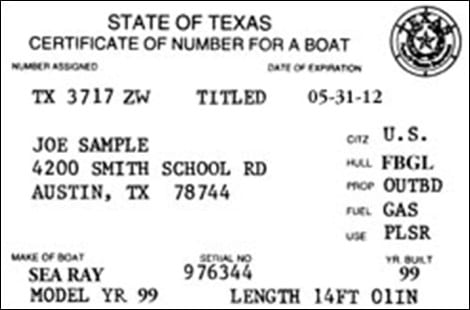
Registration/Documentation
Twice this month alone I have had a boat operator who did not have their registration certificate, known as a Certificate of Number for a Boat, in their possession. The fine for failing to have and show the Certificate of Number is $250 in Texas. One boat operator told me that he was just borrowing the boat. I told him that he may not own the boat, but he would surely own the citation and fine for failure to have and show the boat’s Certificate of Number.
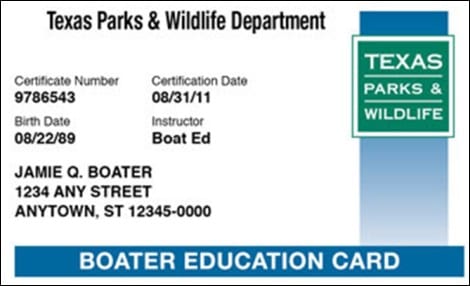
Boater Education Card
Texas law requires that boat operators born after September 1, 1993 and operating a boat over 15 HP, a personal watercraft (PWC) or a sailboat over 14 feet in length must attend a safe boating course and must carry the Boater Education Card with them on their vessel. The fine for not showing your Boater Education Card is $250.
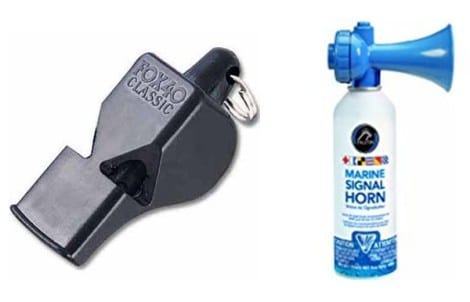
Sound Producing Device
If your boat has an installed horn, be sure to test it before venturing out on the water, and it is highly recommended that you have a backup device such as a Fox40 whistle or a marine signal horn. Our salt air is quite hard on electrical connections, and the horn is one of the first things to go when corrosion sets in. The fine for No Sound Producing Device is, yep, $250. Some violations do cost more, but most Texas Parks and Wildlife fines are in the $250 range.
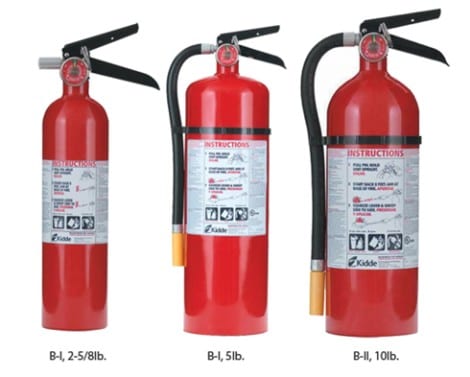
Fire Extinguishers
I have come across fire extinguishers that are decades old and still show the charging needle in the green. However, since they were technically expired, they did not meet the requirement for having the required fire extinguisher. If your boat is 26 feet or longer, then two fire extinguishers are required. If your boat is 40 feet or longer, then 3 fire extinguishers are required. Failure to have the required number of “readily accessible and verified as serviceable” fire extinguishers is $250. I had one boat this month that was 32 feet long and only had one fire extinguisher. The boat operator felt that was all he needed because that is all the boat dealer provided. Sorry- the boat dealer has no liability here.

Visual Distress Signals
Recreational boats 16 feet and over used on coastal waters are required to carry a minimum of either (1) three day and three night pyrotechnic devices (rockets or flares), (2) one day non-pyrotechnic device (flag) and one night non-pyrotechnic device (auto SOS light) or (3) a combination of (1) and (2). Recreational boats LESS than 16 feet need only carry night visual distress signals when operating from sunset to sunrise (nighttime). The standard $250 fine applies. Note that the visual distress signals must say US Coast Guard Approved and must not be expired. Pyrotechnic devices are good from 42 months of manufacture. I have found that most flare kits come with flares that meet both the day and night requirements, and only three of the day/night flares are needed. On my last inspection the boat owner had everything he needed except visual distress signals. He will notify me when he has them and I will verify that he does, then I will issue him a VSC decal.
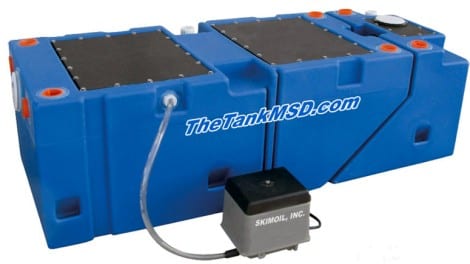
Clean Water Certification for Boat Sewage
Larger boats often have the convenience of an onboard toilet. Some of these toilets are simple portable devices, and there are no regulations governing those. But any installed toilet must be a Coast Guard approved device. In addition, Texas has requirements for marine sanitation devices (MSDs, also called holding tanks) to obtain a decal, self-certifying that the MSD is operating properly to prevent discharge of sewage into Texas waterways. It is illegal to discharge untreated sewage anywhere in Texas waterways. Untreated sewage may not be discharged until at least three nautical miles into the Gulf of Mexico.
More information may be found at https://www.tceq.texas.gov. Under the Texas Water Code, violations come with administrative penalties of up to $25,000 per day, as well as under the TPWD Code, in which the violator faces a Class C misdemeanor charge and fines of up to $500. The owner of the 32 foot boat previously mentioned was outraged that his boat dealer did not let him know about the requirement for having the Clean Water Certification. That makes two boats so far this year that did not have the required certificate, which is placed just aft (to the rear) of the Texas registration certificate.
Our goals in providing a VSC are to help boat operators meet the regulatory requirements, which in turn provide a safer experience on the water. Our inspections are free, but if you are stopped by a game warden or a Coast Guard patrol boat, the chances are you will be cited for any failures and be out a substantial amount of money and have your outing ruined as well. Hopefully this column will encourage you to survey your own boat for any deficiencies before going out onto the water.
For more information on boating safety, please visit the Official Website of the U.S. Coast Guard’s Boating Safety Division at www.uscgboating.org . Questions about the US Coast Guard Auxiliary or our free Vessel Safety Check program may be directed to me at [email protected]. I am available to perform free Vessel Safety Checks, and I will come to your location to perform them. SAFE BOATING!
[5-15-2018]

 Posted in
Posted in 























